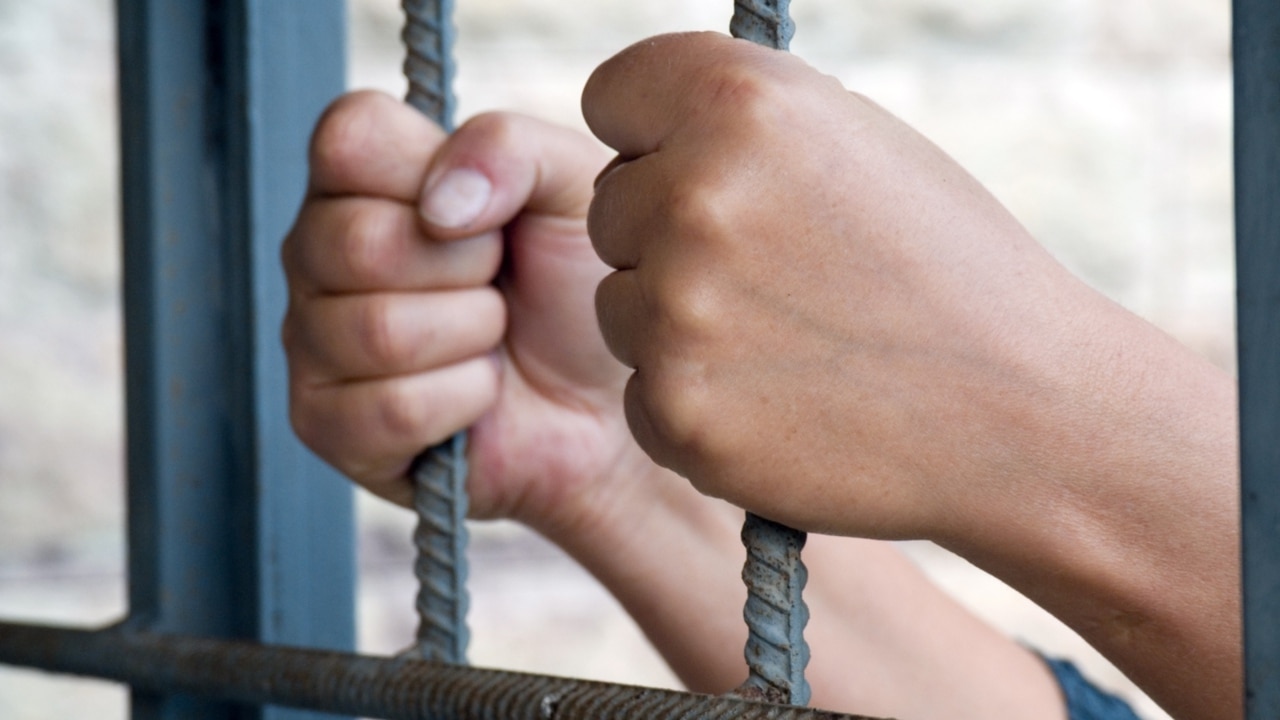Research shows that the gender pay gap gets worse as you get older
The gender wage gap in South Australia is the largest in the nation. But that is no reason to assume the equality job has been done, writes Niki Vincent.

Opinion
Don't miss out on the headlines from Opinion. Followed categories will be added to My News.
- Fixing Australia’s low wage growth challenge
- Latest subscriber exclusive giveaways, specials and prizes
Fifty years on from Australia’s landmark equal pay for equal work industrial relations ruling, more needs to be done to fix the gender pay gap that has a profound and lasting impact on women and leaves many at risk of a bleak financial future.
The Australian Government’s Workplace Gender Equality Agency reports that, nationally, the gender pay gap stands at 14 per cent for full-time employees, a difference of $241 per week.

The pay gap is the difference between the average weekly full-time base salary earnings of women and men and expressed as a percentage of men’s earnings. As of May, South Australia has the lowest percentage gap of the states and territories at 9.2 per cent, but there is no room for complacency – no level of disadvantage is ever acceptable.
A recent report by KPMG for the Diversity Council Australia and Workplace Gender Equality Agency showed discrimination against women in the workplace is alive and well and this is one of the contributing causes.
The report found gender discrimination accounted for 39 per cent of the difference in the gender pay gap.
This is just the tip of the iceberg, though.
There are entrenched societal expectations and stereotypes for men and women, as well as limited access to flexible work and paid parental leave, particularly for men.
This means women still take on a disproportionate share of unpaid care and domestic work and spend a greater amount of time out of the workforce, have a higher rate of part-time work and report experiencing higher levels of work-family conflict.
Many female-dominated industries and jobs are also undervalued and attract lower wages, and men dominate senior leadership roles in most industries.
Research shows the gender pay gap gets worse as you get older. Nationally, in the 35-44 age group, the pay gap is 17.3 per cent, while for women aged 55 and over, it is 17.7 per cent.
The pay gap doesn’t just affect women at one particular moment of their working lives. It has a compounding effect, which means they accumulate less money for their retirements. Having spent their lives working and caring for others, many face the real prospect of retiring into poverty.
Although many employers are aware of the causes of the gender pay gap, more focused action is needed and leadership buy-in is a must.
This means establishing workplace cultures that fosters and supports gender equality from the top down.
It also requires a strategic approach and an action plan with accountability for results – just like any other business priority.
Niki Vincent is SA’s Equal Opportunity Commissioner
